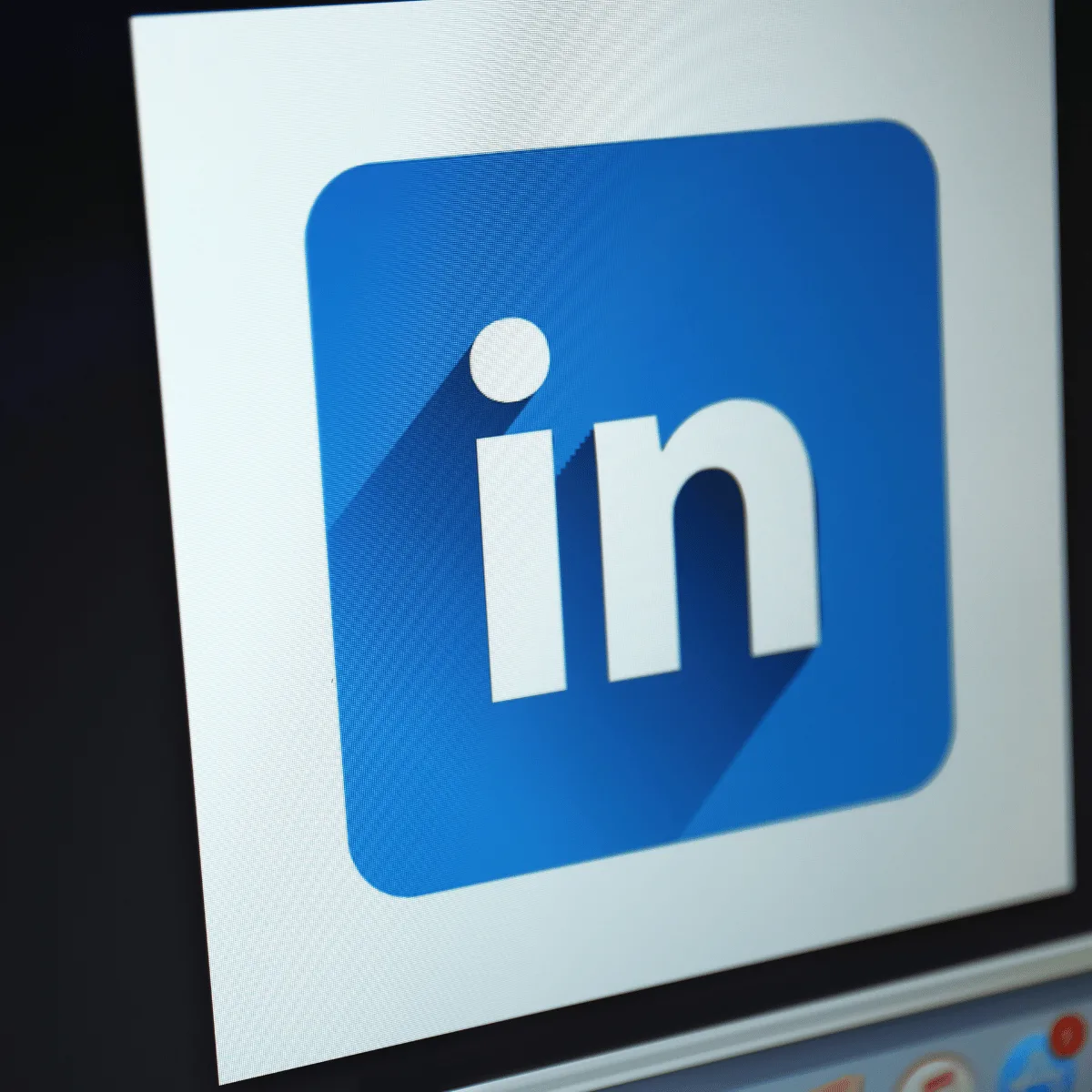Microsoft’s Social media platform LinkedIn has announced the introduction of new security features to help verify, identity, detect, and remove fake accounts, all aimed at boosting authenticity.
Problem With Fake Accounts
Back in April, researchers from the Stanford Internet Observatory reported finding more than one thousand fake ‘virtual’ employees with AI-generated faces on the LinkedIn platform. In August, the CEO of cryptocurrency exchange Binance tweeted that “LinkedIn has 7000 profiles of ‘Binance employees’, of which only 50 or so are real.” In June, it was reported that even the FBI was concerned about it and was investigating the threat caused by the fraudulent cryptocurrency investment schemes on LinkedIn.
All this appeared to prompt a report back in June by LinkedIn’s Vice President of Product Management, Oscar Rodriguez, of a rise in fraudulent activity. At the time, although Mr Rodruguez assured users that a combination of AI and LinkedIn’s security experts could stop 96 per cent of detected fake accounts and 99.1 per cent of detected spam and scams before they went live, he also urged users to report any activity that they suspected was a scam, and to be careful who they connected with.
New Security Measures
LinkedIn’s latest announcement highlights new security features designed to tackle fake profiles and scammers on the platform. The social media company says the new features and systems will help users “make more informed decisions” about members they interact with and enhance the “automated systems that keep inauthentic profiles and activity off our platform.”
The new features are:
– The ‘About this profile’ feature which shows users when a profile was created and last updated, along with whether the member has verified a phone number and/or work email associated with their account.
– A new ‘deep-learning-based model’ to check profile photo uploads to determine if an image is AI-generated and to enable the detection and removal of fake accounts.
– The addition of a warning to some LinkedIn messages that include high-risk content to help protect users from falling victim to scams on the platform.
When?
Although LinkedIn hasn’t given an exact date for the introduction of these new features it has said that they will be tested and rolled out globally over the next few weeks/months.
What Does This Mean For Your Business?
Reports were mounting earlier this year that LinkedIn appeared to be getting overrun with fake accounts, some of them now “deepfakes” and users were facing the threat of being targeted by scammers. Also, the platform was getting some unwelcome publicity about it, with even the FBI reportedly investigating. With LinkedIn focusing on businesses and making its money from advertising, recruitment services, and membership privileges, this was clearly potentially damaging to the platform’s reputation and revenue. It is not surprising, therefore, that LinkedIn made an announcement in June to re-assure users, and has now announced the introduction of these new features, specifically designed to tackle fake profiles and their associated scams.
Recent Blogs
Related posts
Is Your Provider Reactive or Proactive? How to Tell the Difference
Many businesses assume that their IT support is fine until something breaks. But there’s a big difference between a provider that reacts to issues and [...]
Proactive IT Support That Protects Your Business
When a business suffers a cyber incident (which 43% have), every minute matters. Systems go down, productivity stalls, and panic can quickly set in. That’s [...]
What Happens After Your Microsoft 365 Audit?
With an estimated 958,000 users per day worldwide, there’s a good chance Microsoft 365 is one of your most important tools – so it’s good [...]








